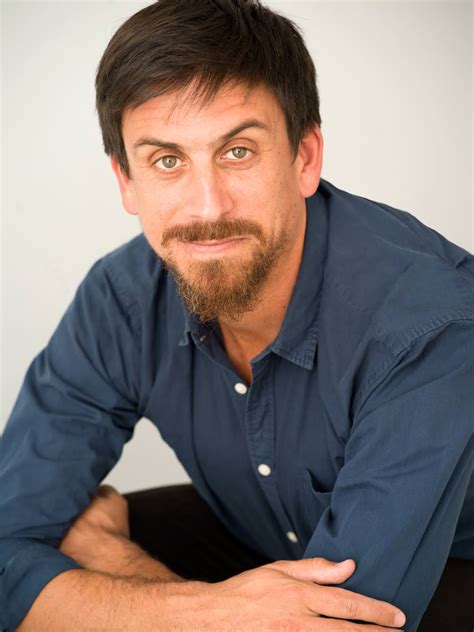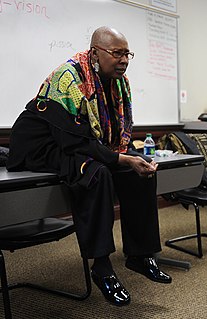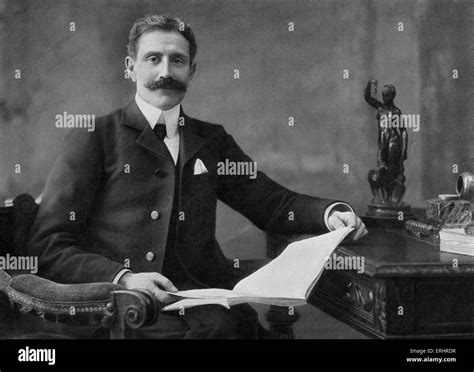A Quote by Travis Bradberry
The biggest mistake most people make when it comes to listening is they're so focused on what they're going to say next or how what the other person is saying is going to affect them that they fail to hear what's being said.
Related Quotes
We lack social awareness because we're so focused on what we're going to say next - and how what other people are saying affects us - that we completely lose sight of other people. This is a problem because people are complicated. You can't hope to understand someone until you focus all of your attention in his or her direction.
When I started out as an actor, I thought, Here's what I have to say; how shall I say it? I began to understand that what I do in the scene is not as important as what happens between me and the other person. And listening is what lets it happen. It's almost always the other person who causes you to say what you say next. You don't have to figure out how you'll say it. You have to listen so simply, so innocently, that the other person brings about a change in you that makes you say it and informs the way you say it.
Be undeniably good. When people ask me how do you make it in show business or whatever, what I always tell them & nobody ever takes note of it 'cause it's not the answer they wanted to hear-what they want to hear is here's how you get an agent, here's how you write a script, here's how you do this-but I always say, “Be so good they can't ignore you.” If somebody's thinking, “How can I be really good?” people are going to come to you. It's much easier doing it that way than going to cocktail parties.
Listening is a rare happening among human beings. You cannot listen to the word another is speaking if you are preoccupied with your appearance, or with impressing the other, or are trying to decide what you are going to say when the other stops talking, or are debating about whether what is being said is true or relevant or agreeable.
Such matters have their place, but only after listening to the word as the word is being uttered.
Listening is a primitive act of love in which a person gives himself to another’s word, making himself accessible and vulnerable to that word.
What I like doing best is Nothing." "How do you do Nothing," asked Pooh after he had wondered for a long time. "Well, it's when people call out at you just as you're going off to do it, 'What are you going to do, Christopher Robin?' and you say, 'Oh, Nothing,' and then you go and do it. It means just going along, listening to all the things you can't hear, and not bothering." "Oh!" said Pooh.
The thing is, the kids always rebel against what the parents try to push on them so I'm going to pretend like I don't want my son to hear the rock. I'm going to listen to it only in my private chambers. He'll hear echoes of it and say: "What was that you were listening to papa?" And I'll say: "Nothing son, you're not ready."
Somebody's going to hear a song that will key in a nerve or something in their experience that represents their own vision. And the next person is going to see it completely different. So even what it means to me is probably irrelevant. It's totally irrelevant. What matters is what it means to each person listening to it.
Emotionally, a person can become so negatively driven that they don't respect the privilege of being on this Earth without their mother and their father. They may say it doesn't bother them, but there is something in us about those who are a biological part of us and don't care. People in that situation stop hearing the other voices that love them, hold them, trust them and tells them how great they are. They're focused on that one person who isn't answering them.
Most of the time each person is immersed in the details of one special part of the whole and does not think of how what they are doing relates to the larger picture. For example, in education, a teacher might say in the next class he was going to "explain Young's modulus and how to measure it," rather than, "I am going to educate the students and prepare them for their future careers".


































